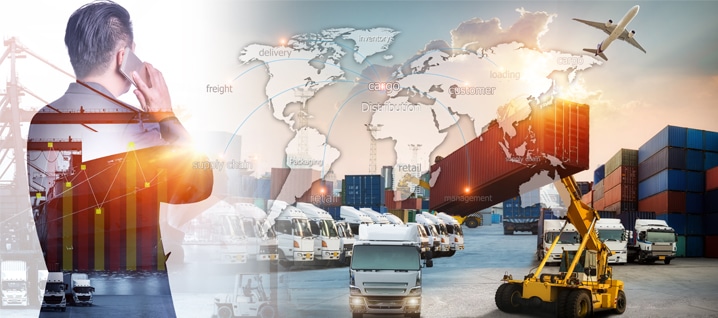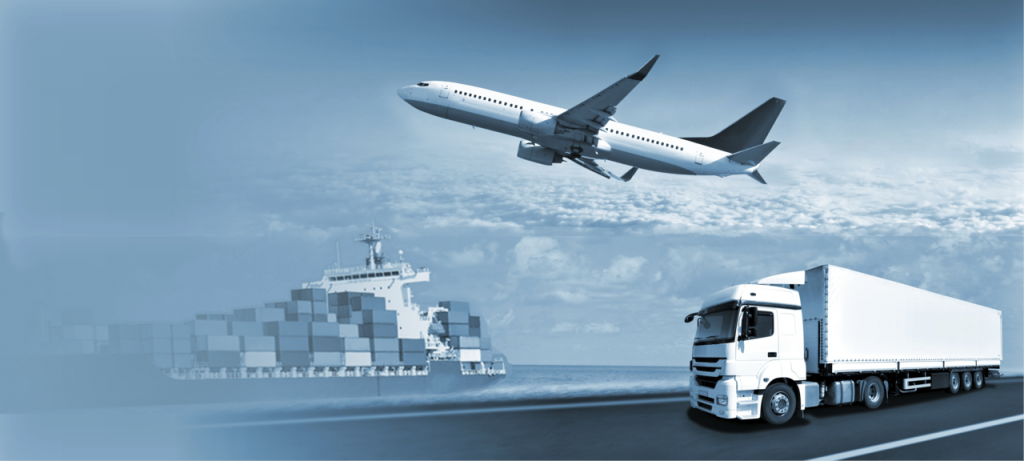3PL is defined as third party logistics. It is an outsourcing of the supply chain to get the product of the company to the customer. This includes the service of
- Receiving
- Storing
- Packing
- Shipping
For decades, third-party logistics service providers have managed this logistics. The market demand for third party logistics has grown with the growth of e-commerce. This is because they provide modern tracking technology to extend the visibility of the supply chain.
The technology includes
- Radio frequency identification
- Global posting system.
Reason for its growth
In this type, the operations are customized as per the client’s requirements. The motive is to fulfill the dedication of the single client model. As the quantity of clients is greater, large e-tailers are introduced. So, that they remain competitive in the challenging environment. Modern technology and automation have been introduced to save money on transport. Smaller companies also use this method to satisfy their clients and obtain good results. This helps the growth of logistics more than other methods.
Why is Third Party Logistics more popular than 4PL?
As already said above, the 3PL maintains the logistic management over the long term. This contains the control within it from the warehouse to the customer. 4pl is a four-party logistics outsource of business. This facilitates contact between the seller and the various logistics providers, as well as decisions regarding all modes of supply chain. Here, 4pl is depending on 3pl to manage their logistic service.
Third-party logistics provides service.
- Transportation
- Distribution
- Financial
Transportation
This service mainly focuses on transportation that handles the product shipment between the manufacturer and warehouse. They use fridge forwarders to transport large cargo from one country to another.

Distribution
This is a common service that stores, picks, and packs the product for shipment to the buyer as per the order. They need a warehouse to store the large quality of stock and to sell it when the order is placed. They manage a good relationship with the shipper so they can deliver the product on time at the location.
Financial
Large ecommerce companies prefer this logistics network because it provides a wide range of services and reduces the cost of freight during the process of forwarding. Here it also offers tracking and management of the order with the service.
The main reason companies prefer this type of logistics is because it manages the inbound and outbound transportation of their clients and warehouse.





More Stories
Main advantages of modern shipment tracking for Philippine freight logistics
Octopus Energy Differentiates in the Renewable Energy Market
Renovation Projects Simplified: How Junk Removal Services Save Time and Money